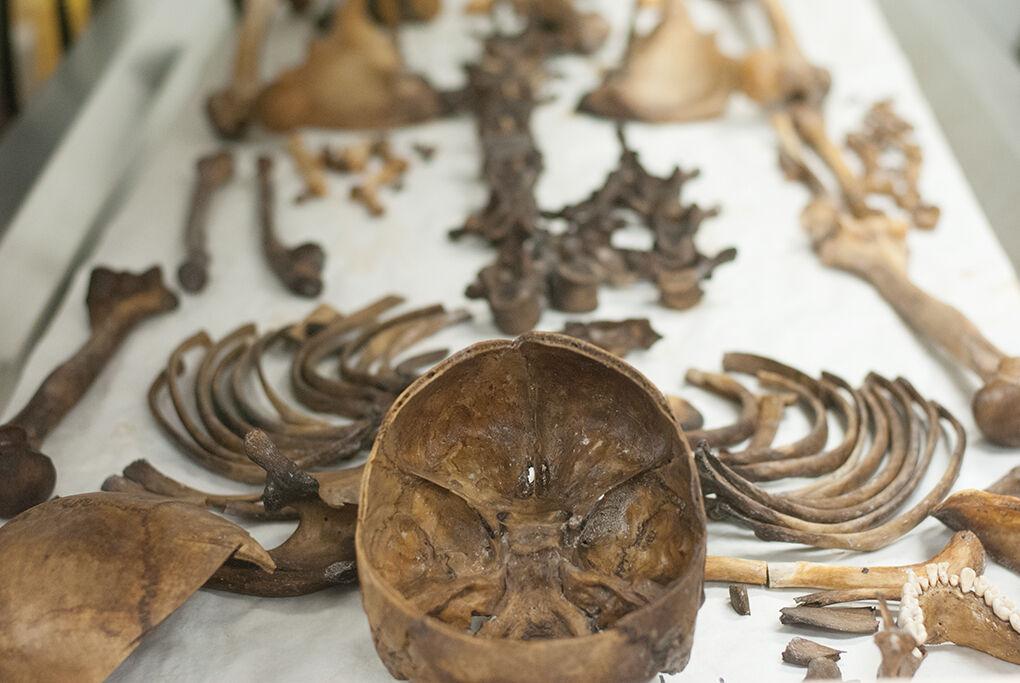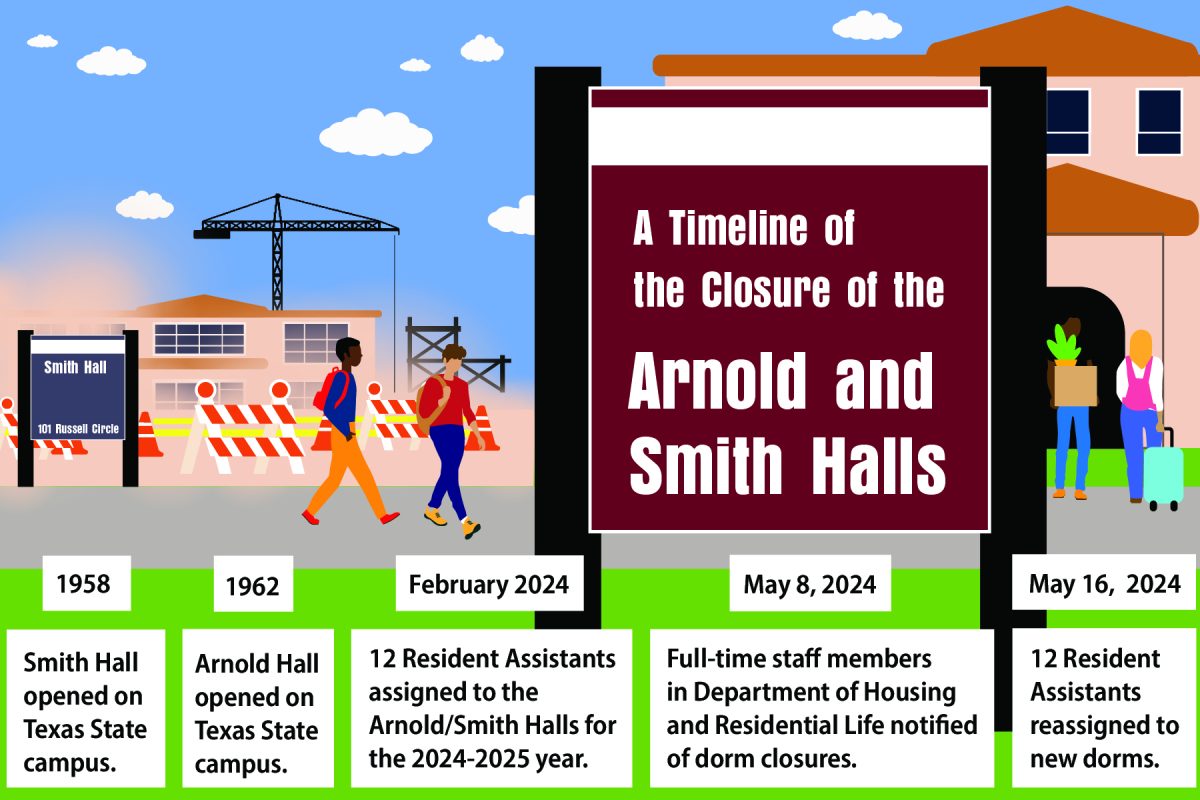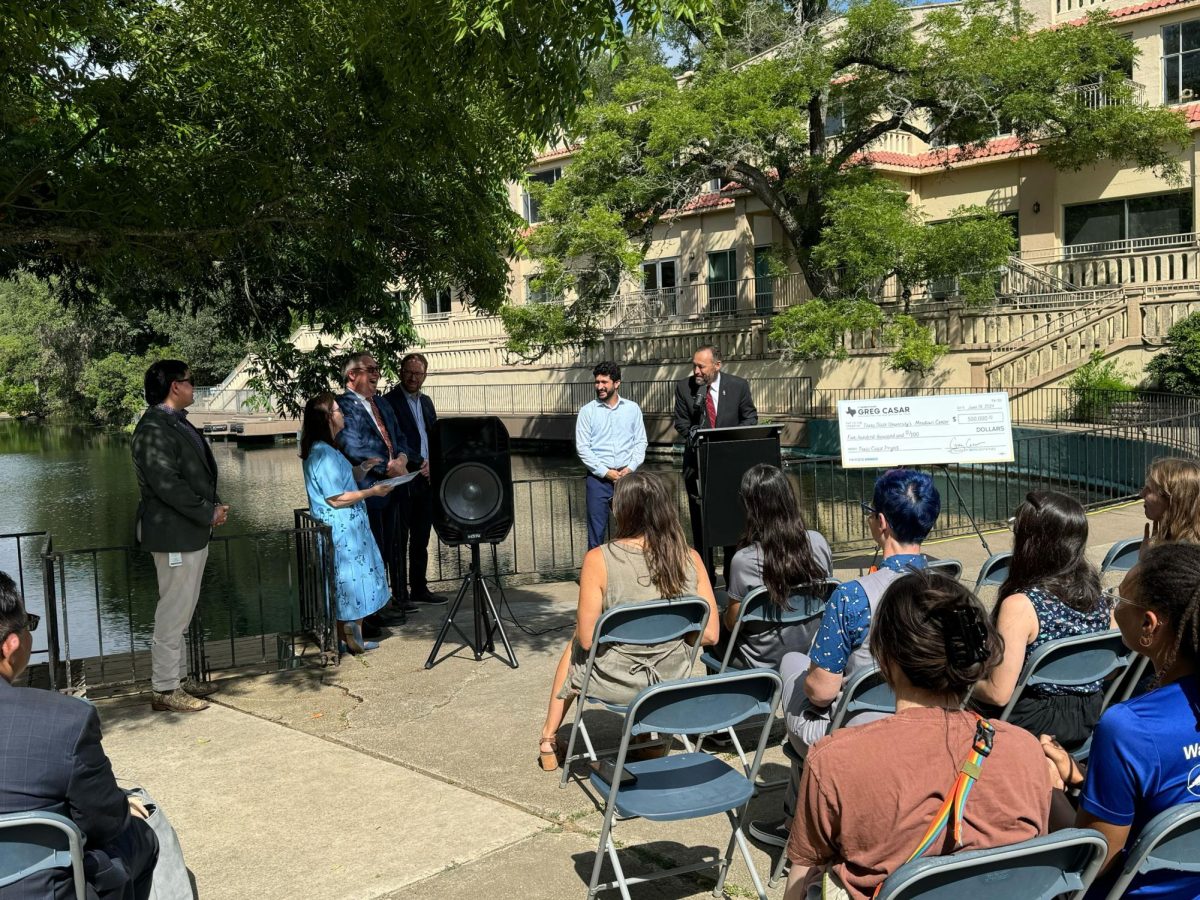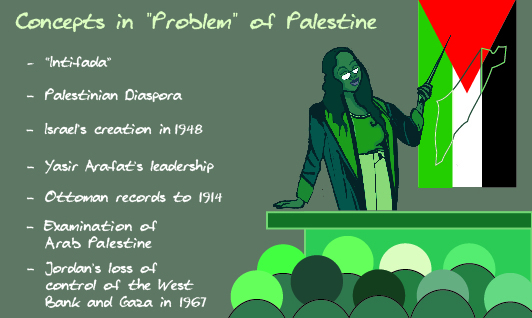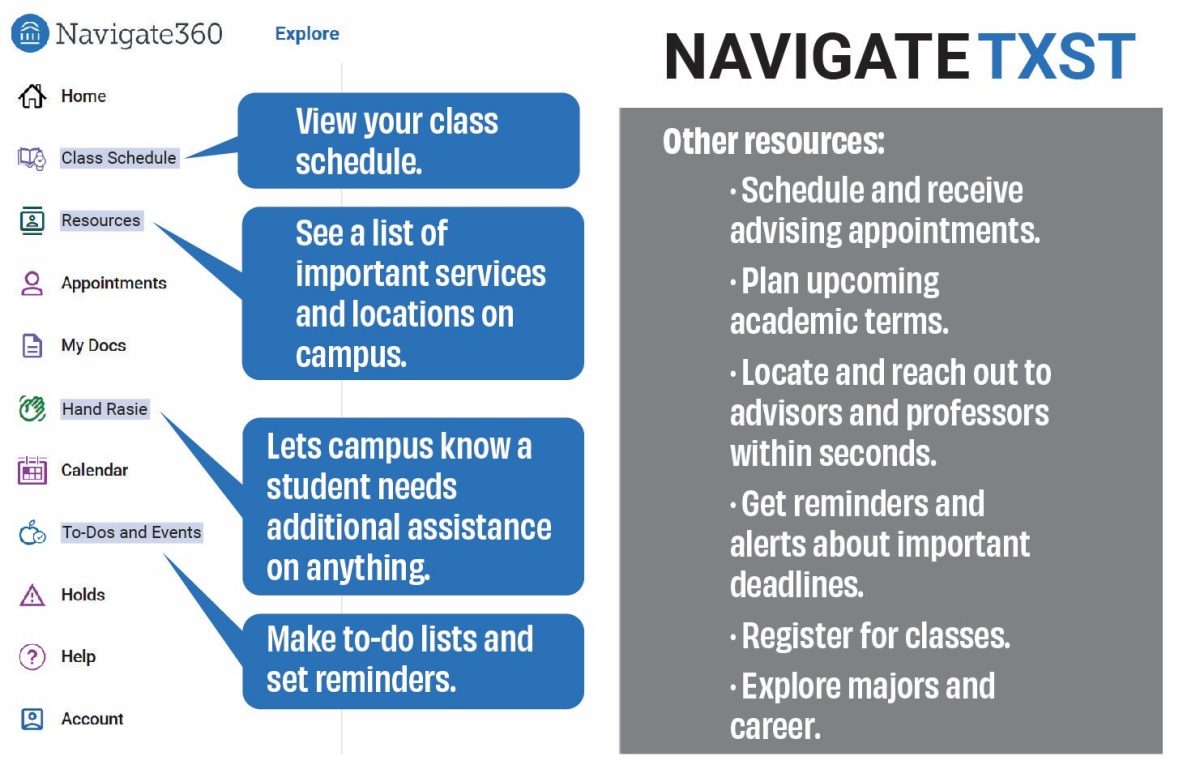The Forensic Anthropology Research Facility at Texas State provides anthropology students with the unique opportunity to learn about decomposition from real human remains. Additionally, students are able to reconnect families with their deceased through a program called Operation Identification.
The decomposition facility, a research facility started in 2008 otherwise known as the “body farm,” exhibits real human bodies donated to science for the purpose of observing the natural stages of decomposition in an outdoor climate.
Kari Helgeson, a graduate anthropology student, explains how she views her experience with human remains.
“You can kinda distance yourself to a point when it’s skeletal elements rather than a full person,” Helgeson said. “It is an eye-opening experience, considering these are real people that have donated themselves to our program and without them, we essentially wouldn’t be a facility.”
Students also have the opportunity to work on Operation Identification: a project started in 2013 by Dr. Kate Spradley, a biological anthropology associate professor. Operation Identification excavates the human remains of migrants in border towns who have died due to the harsh South Texas climate.
Operation Identification works with funeral homes to find the location of migrant bodies. These remains were previously picked up and buried somewhere in the cemetery near the funeral home. Oftentimes, volunteers rely on the memory recall of those who buried them, as temporary grave markers do not last long in the Texas heat.
“I think everyone deserves basic human rights,” Spradley said. “There is the United Nations Declaration of Human Rights that says everybody everywhere has the right to recognition before the law, and these individuals aren’t provided basic human rights when they’re found and buried and there’s no investigation, no DNA sampling, and their family doesn’t know where they are. I think everyone deserves the same treatment.”
Shelby Garza, biological anthropology graduate student, loves the aspect of giving closure to families who do not know their loved one’s cause of death.
“I just think it is amazing to be able to look at the remains of individuals and learn so much from it,” Garza said. “Giving closure to people who have no idea what happened to their loved ones is such a big deal that is often overlooked.”
Operation Identification currently has 226 human remains, with 140 remains submitted for DNA testing. The difficulty with DNA testing, according to Spradley, is not having familial DNA samples to compare to the DNA they exhume, and the added complexities of international repatriation, or sending migrants remains back to their home countries, can also slow the process.
The program has successfully identified 26 bodies of migrants to date and has reunited 13 families with their loved one’s remains. More information about the program can be found on the Forensic Anthropology Center website. Also, a podcast developed by the program, Criminal, takes an in-depth look at the decomposition facility at Texas State.
Anthropology students gain hands-on experience with real human remains
July 17, 2017
Donate to The University Star
Your donation will support the student journalists of Texas State University. Your contribution will allow us to purchase equipment and cover our annual website hosting costs.











